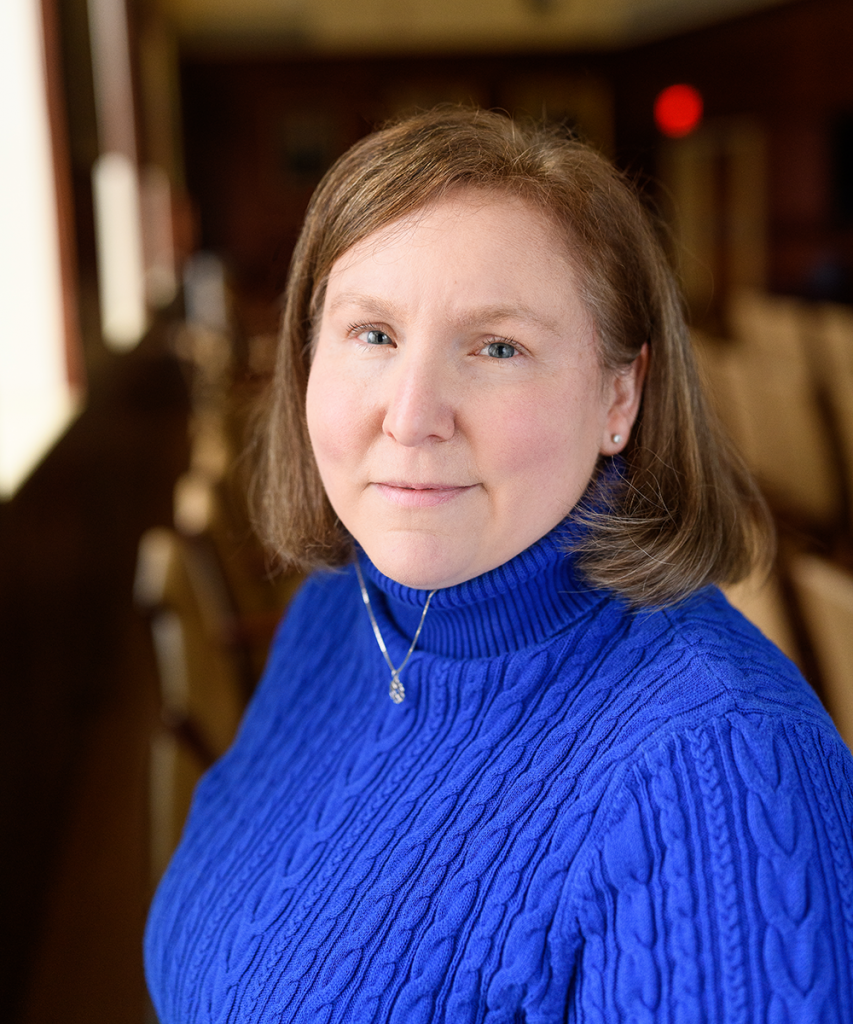
Thanks for your interest in the Suicide Prevention & Exposure Lab at the College of Social Work at the University of Kentucky.
In the US, over 48,000 people die by suicide each year and over one million people attempt suicide. In the Commonwealth of Kentucky, more than 800 people die by suicide. Each suicide leaves behind countless people exposed personally or professionally who are left trying to make sense of the loss.
Work by our team at SPEL has shown that the impact of suicide exposure is theorized to lie on a continuum, with effects extending beyond the decedent’s closest family members. This continuum identifies most people who knew the decedent as “exposed,” a smaller group as “affected,” and the smallest group as “bereaved.” Studies by our team show that half of the adult population has lifetime exposure to suicide with approximately 135 people exposed to each death by suicide. There is growing evidence that exposure to the suicide of non-family members is associated with poor mental health and suicidal behavior among those with perceptions of closeness to the decedent. In addition, there are countless occupations such as law enforcement officer, therapist or teacher, in which the loss of someone to suicide can have a profound impact on occupational functioning. These personal and professional exposures are important in tight knit communities like the military, colleges or communities of faith.
The Suicide Prevention & Exposure Laboratory (SPEL) is the first known entity to be explicitly dedicated to examining suicide and the effects on those personally or professionally impacted.
The Suicide Prevention & Exposure Laboratory (SPEL) affords students, staff, and faculty from across campus the opportunity to engage in scholarship and research opportunities related to suicide. Additionally, the Lab collaborates with entities beyond the university community and has already established formal partnerships with academic institutions in Australia, Canada, the UK and Korea, among others.
Through research and training, SPEL has the following goals:
- Work to better understand how suicide impacts us personally and professional and reduce this impact
- Understand how we can prevention suicide and disseminate this knowledge
- Conduct basic research on factors contributing to suicide such as stigma, substance misuse and socio-demographic variables If this is something of interest to you as a student or collaborator, please contact me and let’s figure out how we can work together.
Julie Cerel, PhD
Director, Suicide Prevention & Exposure Lab

